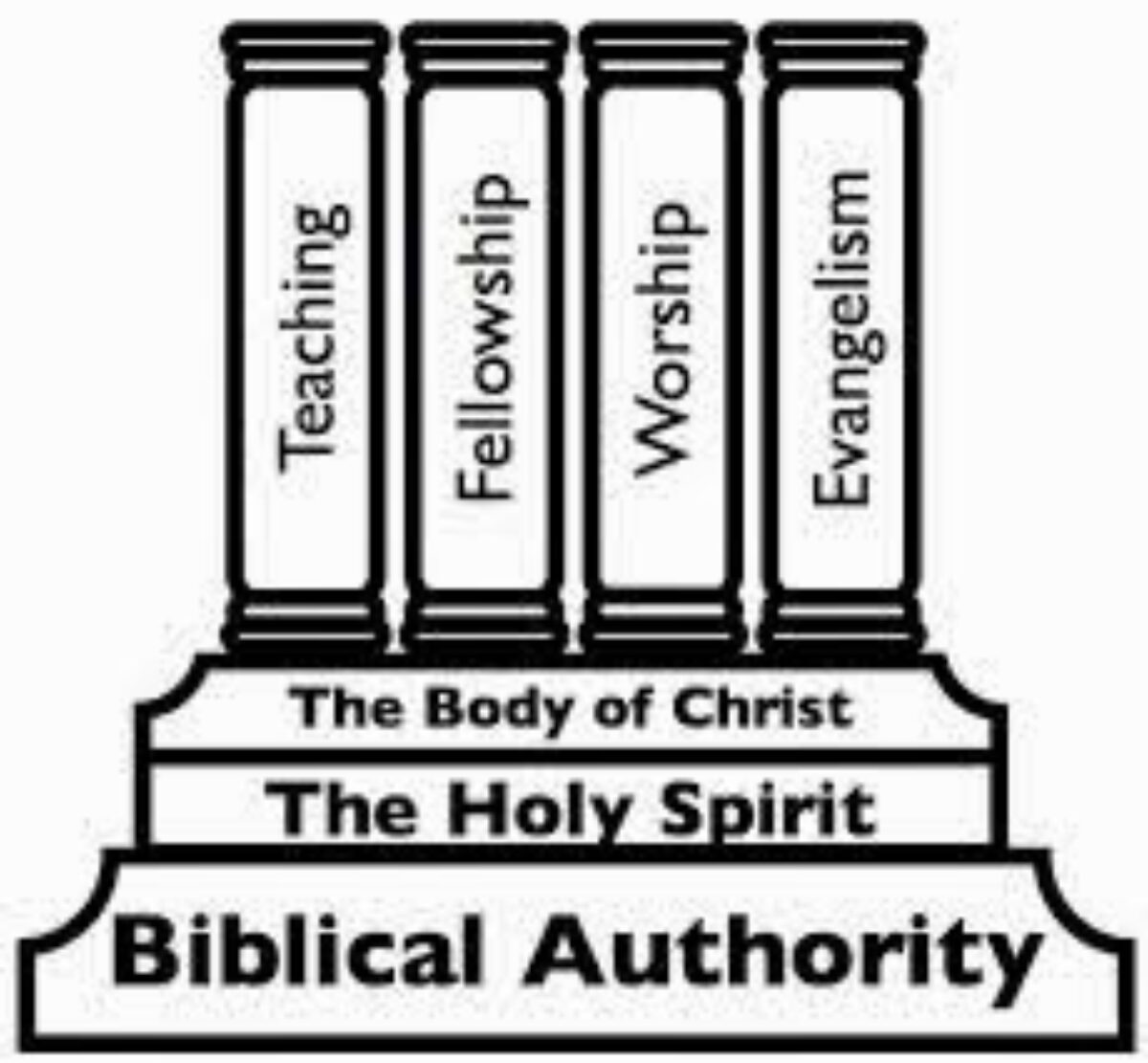Moses is one of the most revered figures in Scripture, a towering character whose life and legacy resonate throughout the Bible. Traditionally credited with authoring the first five books—Genesis, Exodus, Leviticus, Numbers, and Deuteronomy—Moses is depicted not only as a lawgiver but as the divinely appointed leader who guided the Israelites out of bondage in Egypt and toward the Promised Land. In the biblical narrative, Moses is portrayed as a prophet of unmatched authority, a man who spoke directly with God, receiving divine commandments that would shape the moral and social framework of the nation of Israel. He is the quintessential mediator between God and His people, serving as both messenger and mouthpiece of God’s covenant with Israel.
Though often imagined as an elderly man with a long, flowing beard, Moses’ legacy transcends mere physical descriptions. His leadership was marked by humility, as seen in his own self-description as “the meekest man on the face of the earth” (Numbers 12:3). Yet, he was also a figure of profound courage and righteousness, unflinching in the face of Pharaoh’s power and unwavering in his commitment to God’s mission. Moses’ life embodies the principles of faith, obedience, and perseverance, and he remains a symbol of God’s holiness, justice, and mercy. Through his actions, Moses not only helped establish the nation of Israel but also became a model of devotion and reverence for generations of believers.
In many ways, the influence of Moses stands as a foundational parallel to that of Jesus, with both figures shaping the trajectory of God’s redemptive plan for humanity. While the miracles of Jesus were unique and unparalleled, there are notable similarities between the signs and wonders performed by Jesus and those of Moses, who, centuries earlier, displayed God’s power in dramatic and unmistakable ways. Moses, as the servant of God, wielded extraordinary authority through the miracles he performed, such as parting the Red Sea (Exodus 14:21-22), bringing forth water from a rock (Exodus 17:6), and calling down manna from heaven. In this way, his life prefigures the miraculous works of Christ, who also demonstrated divine power through signs and wonders, healing the sick, raising the dead, and ultimately triumphing over death itself.
However, the power of Moses was not in the physical objects associated with him, such as the tablets of the Ten Commandments, but in the symbols of his divine commission—the staff that he carried, which became a symbol of God’s authority and miraculous intervention. The “staff of God,” or the rod of Moses, was instrumental in the display of God’s power, such as when it transformed into a serpent before Pharaoh or when it struck the waters of Egypt to bring forth plagues. Similarly, Moses’ right hand, empowered by God, was used in the striking down of enemies and in the miraculous victories won through divine intervention. As the servant of God, Moses’ strength and authority were not his own, but were derived from the Almighty, who acted through him to bring deliverance to Israel.
While Moses’ role was critical in the Old Testament, pointing to the salvation of Israel, it is ultimately in Jesus Christ that the fullness of God’s redemptive plan is revealed, surpassing even the mighty acts of Moses. Yet, Moses’ life and works remain a powerful testament to God’s sovereignty and faithfulness, serving as both a forerunner and a type of Christ in the unfolding story of salvation.
Previously mentioned Scripture:
Numbers 12:3
New International Version
3 “(Now Moses was a very humble man, more humble than anyone else on the face of the earth.)”
Numbers 12:3
King James Version
3 “(Now the man Moses was very meek, above all the men which were upon the face of the earth.)”
Exodus 14:21-22
New International Version
21 “Then Moses stretched out his hand over the sea, and all that night the Lord drove the sea back with a strong east wind and turned it into dry land. The waters were divided, 22 and the Israelites went through the sea on dry ground, with a wall of water on their right and on their left.”
Exodus 14:21-22
King James Version
21 “And Moses stretched out his hand over the sea; and the Lord caused the sea to go back by a strong east wind all that night, and made the sea dry land, and the waters were divided.
22 And the children of Israel went into the midst of the sea upon the dry ground: and the waters were a wall unto them on their right hand, and on their left.”
Exodus 17:6
New International Version
6 “I will stand there before you by the rock at Horeb. Strike the rock, and water will come out of it for the people to drink.” So Moses did this in the sight of the elders of Israel.”
Exodus 17:6
King James Version
6 “Behold, I will stand before thee there upon the rock in Horeb; and thou shalt smite the rock, and there shall come water out of it, that the people may drink. And Moses did so in the sight of the elders of Israel.”


